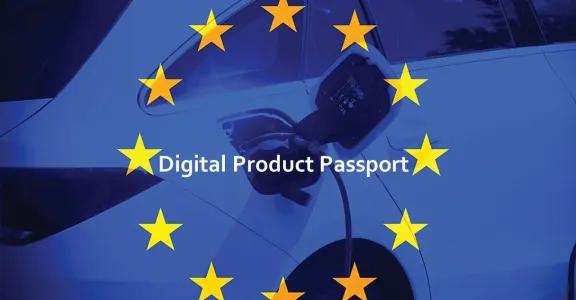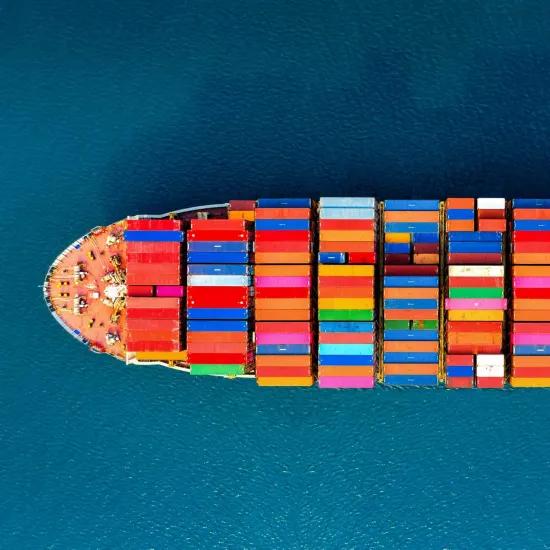Material passports provide information about all the raw materials, processes and components used in your product, which then makes it much easier to either reuse the product or to recycle its constituent materials as far as possible. European regulations will soon make this mandatory in many industrial sectors. This data is also used to determine the sustainability of your product. That is why, as an SME, it is best to start early.
What are material passports and digital product passports?
Consumers, partners in the value chain and regulators increasingly expect the circularity and sustainability of products and services to be made clear. The digital product or material passport answers, amongst other things, the following questions: What is in this product? Where do the materials come from? How was it made? Where do I send it in after use? How is it processed to optimise reuse? This allows customers to make informed purchasing decisions, pass on information in the supply chain and make it easier to repair, remanufacture or recycle products. It encourages the use of sustainable products and manufacturing processes and helps companies to create value through service-based circular business models.
Digital product- or material passports:
- Provide clear information about the materials and processes used in a product throughout its life cycle
- Accompany a product on its entire journey through the circular chain
- Enable the transition to a circular economy, thereby increasing the efficient use of materials and energy, prolonging product life and optimising the use of products and materials.
- Increase transparency, traceability and consistency at each stage along the value chain.
- Can help companies to monitor and report sustainability indicators and sustainability claims
- Can help bring about better informed and more environmentally conscious decisions, with the aim of increasing sustainability in design, production and consumption.
What is the current situation regarding digital product passports?
The recent European regulation on eco-design of sustainable, circular products (ESPR) brings digital product passports much closer. A digital product passport will contain clear information about the product’s characteristics, manufacture and phase of use. Companies that market products in Europe will gradually have to comply with the Digital Product Passports (DPP) regulation. The regulations governing digital product passports are only just being introduced. As you might expect, the information in a digital passport depends strongly on the type of product. Each sector needs to determine the steps that companies must take to comply with the new legislation. Digital product passports are already integral to the regulations on batteries. These regulations require all large batteries to have a unique code containing information about the materials used, the use, etc., so that it can be seen how they can be re-used or recycled at the end of their life.
Why take action now?
Despite some challenges and uncertainties, companies will benefit from preparing now for the introduction of digital passports. Even before the regulations come into effect, companies are facing challenges that a material passport can help with. For many SMEs, the demand for information about the sustainability of their projects from large and leading companies will arrive ahead of the regulations.
Product information management is key to getting started with a material passport. This data is also very valuable for determining the 'Product Environmental Footprint' (PEF), based on a life cycle analysis (LCA). That is why SMEs can already make a start with deciding which information should be included, collecting available product data and filling in the gaps. Technologies and tools exist to implement a material passport effectively.
Working together to make this step a reality
Do you have any questions about this or are you already facing this challenge? Then Get in touch with us: together we can look at how to help you in collecting and compiling the information for your digital material passport.





